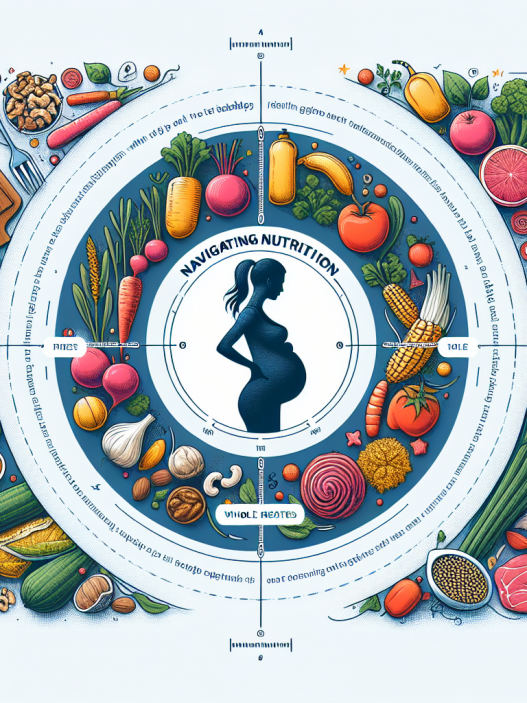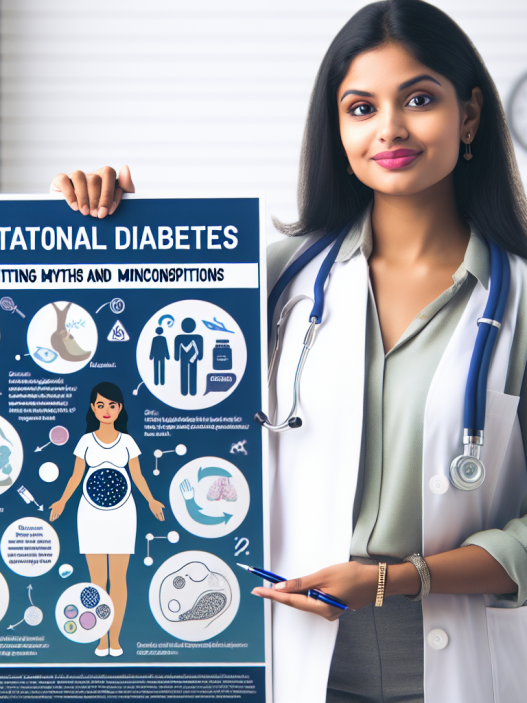[ad_1]
Managing Type 1 Diabetes (T1D) is a multifaceted endeavor that goes beyond the realm of insulin therapy. As individuals affected by this autoimmune condition navigate their daily lives, the importance of diet cannot be overstated. This blog revolves around understanding how diet plays a pivotal role in managing Type 1 Diabetes, drawing insights from experienced nutrition experts. By focusing on dietary approaches, we can empower those living with T1D to lead healthier and more balanced lives.
Understanding Type 1 Diabetes: An Overview
Type 1 Diabetes is a chronic condition characterized by the body’s inability to produce insulin, a hormone vital for regulating blood sugar levels. Unlike Type 2 Diabetes, which is often associated with lifestyle choices and can involve insulin resistance, Type 1 Diabetes is an autoimmune disease that typically manifests in childhood or adolescence. The precise cause remains largely unknown, though genetic and environmental factors combine to provoke this condition.
Living with Type 1 Diabetes means adopting a keen awareness of one’s dietary choices, as food intake directly influences blood glucose levels. A well-planned diet can help people with T1D maintain their blood sugar within a target range, which is crucial for preventing long-term complications. Nutrition experts emphasize that understanding the glycemic index, carbohydrate counting, and the balance of macronutrients can significantly impact blood sugar control.
Essential Dietary Components for Diabetes Management
Nutritionists and dieticians suggest that individuals with Type 1 Diabetes should focus on a balanced diet that includes various essential components. Carbohydrates have historically been viewed skeptically; however, they are a crucial part of a balanced diet. Choosing the right types of carbohydrates—preferring whole grains, vegetables, fruits, and legumes—can provide sustained energy while minimizing spikes in blood sugar levels.
Proteins and healthy fats also play essential roles in a diabetic diet. Continuous research suggests that incorporating lean proteins (like fish, chicken, and beans) may assist in blood sugar stabilization while providing necessary nutrients. Healthy fats, such as those found in avocados, nuts, and olive oil, are beneficial not only for heart health but also for overall satiety, which can prevent overeating and additional carbohydrate intake.
The Importance of Meal Timing and Frequency
Meal timing and frequency are critical factors in managing Type 1 Diabetes effectively. Unlike the average person, individuals with T1D must carefully plan when and how often they eat to prevent spikes or dips in blood sugar levels. It’s vital for those with T1D to follow a structured meal plan, as consistency aids in blood glucose predictability.
Nutritionists recommend eating smaller, more frequent meals throughout the day rather than the traditional three large meals. This approach can better align insulin dosages with food intake and helps maintain steady blood sugar levels. Furthermore, integrating high-fiber foods and healthy snacks between meals can facilitate gradual glucose absorption, thus lowering the risk of hyperglycemia.
Balancing Macronutrients for Optimal Health
A comprehensive management plan for Type 1 Diabetes includes careful consideration of the three macronutrients: carbohydrates, proteins, and fats. Striking the right balance among these components can create a diet that supports blood sugar control and overall health.
Carbohydrate counting is a common strategy among individuals with T1D, as it allows for more accurate insulin dosing. Instead of completely eliminating carbs, learning how to count and manage them can enable better blood sugar control. Meanwhile, incorporating enough protein into every meal can contribute to feelings of fullness and aid in muscle maintenance, which is especially important for active individuals.
Fats play a significant role in a Type 1 Diabetic diet as well. Prioritizing healthy fats helps individuals maintain cardiovascular health, which is essential due to the increased risk of heart disease associated with diabetes. Nutrition experts suggest focusing on foods like fatty fish rich in omega-3s, nuts, seeds, and avocados while avoiding trans fats and excessive saturated fats.
Hydration and Its Role in Diabetes Management
The significance of hydration in managing Type 1 Diabetes cannot be overlooked. Proper hydration is crucial for all bodily functions, and it becomes even more vital for individuals managing blood sugar levels. When blood glucose levels are elevated, the body tends to lose fluids more rapidly, which can lead to dehydration.
Nutrition experts recommend drinking plenty of water and avoiding sugary beverages. Water not only keeps the body hydrated but also aids in kidney function, which is critical for those living with T1 Diabetes. In addition to plain water, herbal teas and infused water with fruits or herbs can add variety without extra sugar.
Moreover, individuals with T1D should be cautious about electrolyte balance, particularly when exercising or during hot weather, as this can influence blood sugar management. Replenishing electrolytes through foods like bananas, spinach, and nuts can support overall health.
Personalized Nutrition Plans and Continuous Monitoring
Given the unique nature of Type 1 Diabetes, a one-size-fits-all approach to diet simply doesn’t work. Individualized nutrition plans developed by registered dietitians or certified diabetes educators can provide tailored strategies for managing the condition effectively. These professionals take into account personal preferences, lifestyles, activity levels, and other factors to create bespoke plans.
Continuous glucose monitoring systems (CGMS) are becoming increasingly prevalent in managing Type 1 Diabetes. These devices allow users to track blood sugar levels in real-time, providing valuable insights into how specific foods affect their glucose levels. By combining nutritional knowledge with continuous monitoring, individuals can make informed dietary choices that enhance their diabetes management.
Additionally, regular consultations with healthcare professionals can help individuals adjust their dietary plans as needed. As health needs evolve, so too can dietary recommendations, ensuring that individuals remain on track for achieving optimal health outcomes.
In conclusion, managing Type 1 Diabetes goes hand in hand with a well-considered dietary approach. By understanding the crucial role of diet, meal timing, macronutrient balance, hydration, and personalized nutrition plans, individuals living with T1D can take control of their health and improve their quality of life. Insights from nutrition experts serve as a guiding light, empowering those affected by this condition to navigate daily challenges effectively. With the right knowledge and support, managing Type 1 Diabetes can be a more manageable and fulfilling journey.
[ad_2]





















